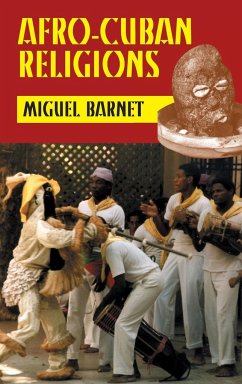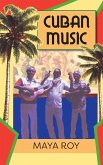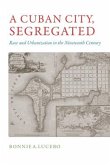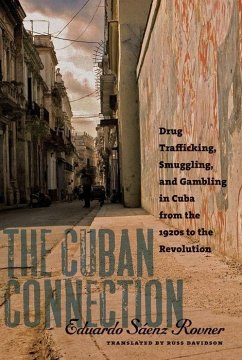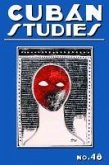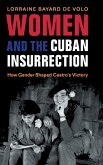African-derived religions enrich all aspects of Cuba's social, cultural, and everyday life, and encompass all ethnic and social groups. Politics, art, and civil events such as weddings, funerals, festivals, and carnivals all possess distinctly Afro-Cuban characteristics. In this book, Miguel Barnet provides a concise guide to the various traditions and branches of Afro-Cuban religions, particularly the Regla de Ocha (Santeria) and the Regla de Palo Monte. Africans who were brought to Cuba as slaves had to recreate their old traditions in their new Caribbean context. As their African heritage collided with Catholicism and with Native American and European traditions, certain African gods and traditions became more prominent while others lost their significance in the new Cuban culture. The author also discusses the roles of music and dance as forms of Cuban religious expression and describes the specific instru ments and symbols they employ. The book ends with an enthusiastic de piction of Barnet's recent research journey to West Africa, the Land of the Orishas.

